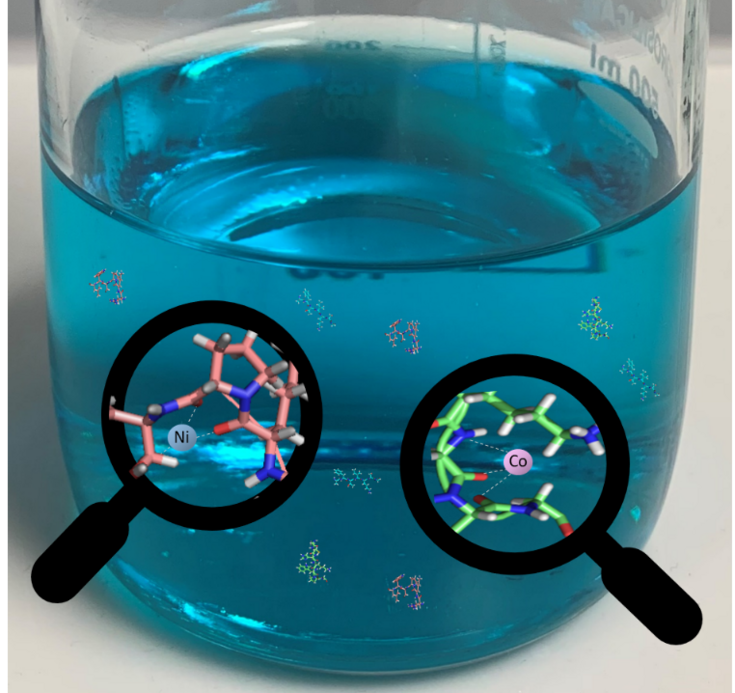Metal recovery from leaching solutions of spent lithium-ion batteries using metal-binding peptides
SUPERVISOR: Georg GÜBITZ
PROJECT ASSIGNED TO: Anna SIEBER
This thesis focusses on the design of peptides for specific recovery of metal ions. The PhD journey starts with polymetallic solutions obtained from bioleaching of the active material (black mass) of lithium-ion batteries (LIBs) with the goal to recover critical valuable raw materials. These bioleachates are usually very acidic (pH<3). By adjusting the pH of the leachate, target metals can be precipitated selectively but there is a high risk of co-precipitation of Ni2+, Co2+, Mn2+ and Cu2+ due to similar solubility of their hydroxides [1]. To circumvent this problem, there is the need to find something that is exclusively binding to the metal ions of interest. Therefore, peptides usually showing a high sensitivity and selectivity towards their target molecules will be developed [2]. Phage surface display will be utilized presenting a powerful tool to screen a plethora of peptides with specific binding properties and separate them based on their affinities to the desired metals. Once this method is established, it will be also possible to screen peptides specific to other targets e.g. polymers and therefore use the scientific knowhow obtained in this project for different recycling approaches.

Figure 1. Peptides as possible interaction partners for Nickel and Cobalt ions in polymetallic leachate solutions.
[1] Or T. et al. Recycling of mixed cathode lithium-ion batteries for electric vehicles: Current status and future outlook. Carbon Energy, Vol. 2 (1), 2020, pp. 6-43.
[2] Braun R. et al. Peptides as biosorbents – Promising tools for resource recovery. Research in Microbiology 169 (2018), pp. 649-658.
